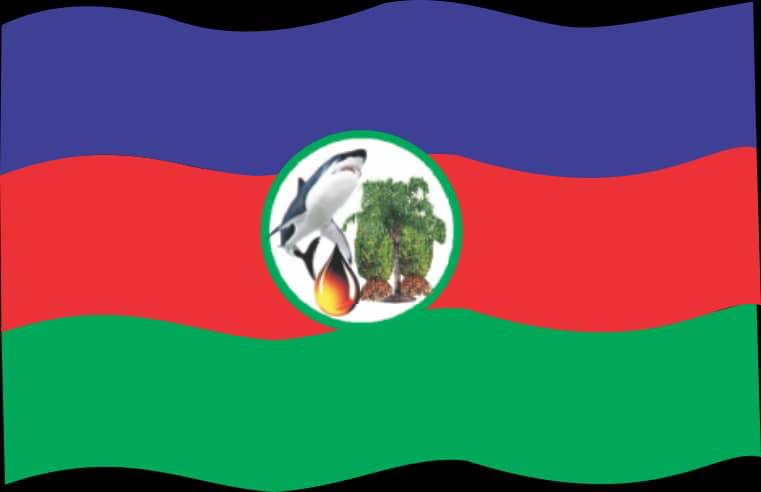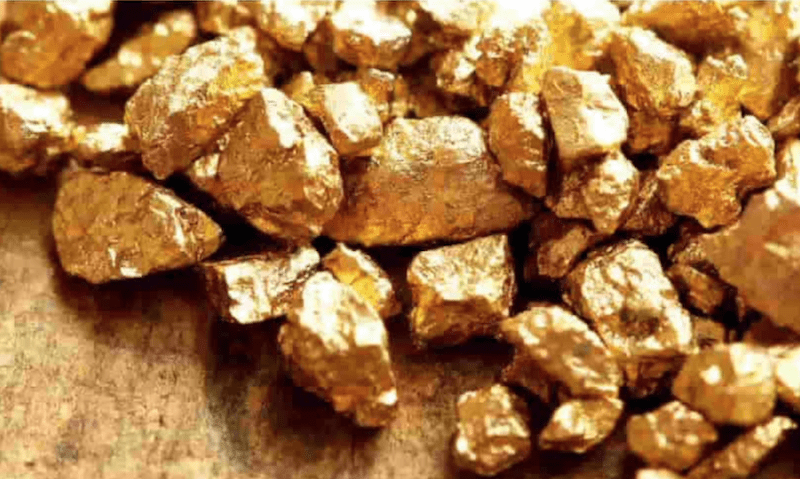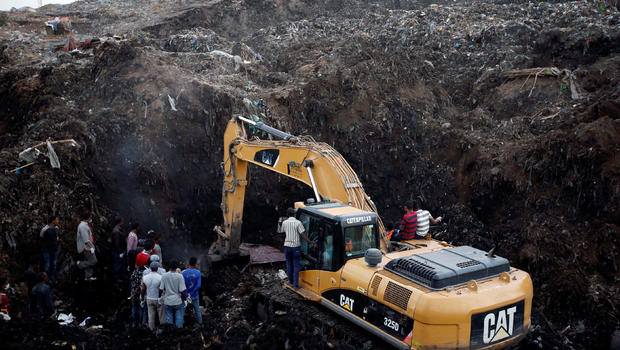The Ijaw National Congress (INC), has decried the non harmonisation of the Petroleum Industry Act (PIA) 2021 with the Solid Minerals Act.
Prof. Benjamin Okaba, Global President INC worldwide while briefing the media on Saturday in Abuja described the development as a “systemic injustice” against the people of the Niger Delta.
He explained that the INC was compelled to address the issue in view of the “stark and discriminatory” disparity in the governance of the two sectors by their various Acts.
He noted that a comparative analysis revealed not a simple difference in administrative approach, but a deliberate and calculated legislative framework designed to militarise, plunder, and marginalise the Niger Delta while affording other regions a gentler, more equitable regime for their resources.
He said that the evidence was irrefutable as the PIA Act 2021 and the Mining Act 2007 when read side-by-side, revealed a “Nigeria that operates a two-tiered system of resource justice”
The INC global president listed areas of legislative disparities against the Niger Delta region to include host community benefits, policy area, environmental remediation, security approach resource control and revenue allocation.
According to him, in view of the evidence, it is therefore imperative for a legislative harmonisation of both Acts, and called for the immediate legislative harmonisation.
“The National Assembly must initiate an amendment to the PIA to bring its community benefit provisions, environmental obligations, and ownership principles in line with the more equitable standards of the Nigerian Minerals and Mining Act. This includes, as a minimum, a review of the three per cent and 30 per cent allocations.
“The Federal Government must immediately withdraw the Joint Task Force from the Niger Delta and adopt a civil and regulated security approach, consistent with the approach in the solid minerals sectors.
“The long-term solution to this perennial crisis is a return to the practice of true federalism and derivation-based resource control, as practiced in the First Republic, where regions managed their resources for their development.
“The Niger Delta is not a colony of Nigeria. We can no longer accept laws that treat our people and our environment as sacrificial lambs for national unity.”
He explained tht the PIA offered three per cent of annual operational expenditure from oil companies for host communities, but the Mining Act mandates that operators conclude a Community Development Agreement (CDA) with their hosts, addressing scholarships, employment, infrastructure, and enterprise development.
He added that the three per cent was rejected by the Niger Delta region because the region viewed as insulting given the decades of monumental environmental devastation and socio-economic neglect.
“Furthermore, this contribution is not from profit but from operational cost, and it is mandated to be managed through a Trust Fund, effectively sidelining elected state governments and traditional institutions, reducing them to “siddon lookers” in the words of Bayelsa State’s Deputy Governor.
“Crucially, the Act imposes a collective punishment clause, holding entire communities financially liable for vandalism of oil assets, a provision that is unjust, unconstitutional, and inflammatory, but in contrast, there is no collective punishment clause in the mining act.
“While the PIA reinforces the total federal ownership of oil, the Mining Act, though also declaring federal ownership, has historically tolerated artisanal and small-scale mining by individuals and cooperatives across northern and western states,” he said.
According to him, this operational laxity grants a de facto economic participation that is ruthlessly denied to the people of the Niger Delta.
“Also the approach to environmental protection and remediation further highlights the bias, because in spite of the PIA’s provisions against gas flaring, it includes a dangerous loophole allowing the Minister to permit it, rendering the prohibition weak.
“The environmental degradation from decades of oil spills and gas flaring has been catastrophic, destroying livelihoods and poisoning our ecosystem.
“Meanwhile in the solid minerals sector, the Mining Act explicitly requires license holders to minimise environmental impact and rehabilitate mined land to its natural or predetermined state .
“While enforcement is a challenge, the legal obligation is clear and unequivocal, lacking the ministerial loopholes present in the PIA.”
Okaba further said that with the government deployment of the Joint Task Force (JTF) Operation Restore Hope since 2002 to secure oil infrastructure and prevent local refining, communities in the region had been turned into war zones.
“Our people are subjected to human rights abuses, all to protect oil assets while denying us the benefits from them.
“However there is no JTF in mining states. In spite of widespread illegal mining, the federal government only announced plans for mining marshals as recently as March 2024, and even that has not been fully activated.
“This represents a deliberate non-militarisation of the solid minerals sector, allowing for a more permissive environment that stands in stark contrast to the repression in the Niger Delta.




